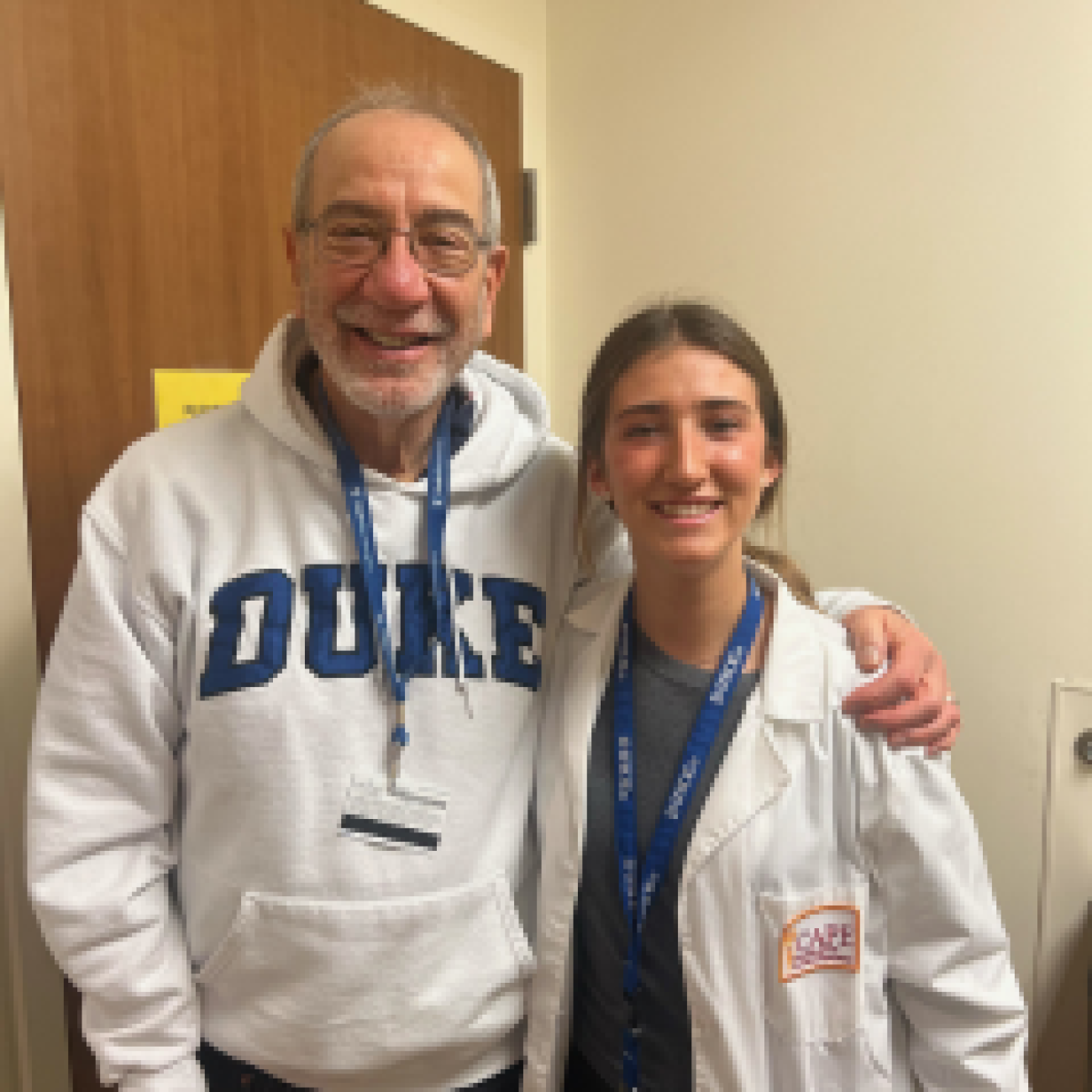New Project Aims to Boost Economic Growth and Climate Resilience in Coastal N.C.
Researchers at Duke University’s Nicholas School of the Environment and Pratt School of Engineering are co-leading a new National Science Foundation-funded project that aims to boost economic development and climate resilience in coastal North Carolina through nature-based scientific and technological innovations.
The North Carolina Ecosystem Technology (NCET) project will tap the expertise of faculty at Duke and six other North Carolina institutions, along with leaders from nearly 40 local governments and businesses.
Supported with a $1 million National Science Foundation (NSF) Engines Development Award, NCET’s partners will work to create new science- and technology-based economic opportunities for coastal communities in three core areas: sustainable aquaculture; climate-resilient infrastructure; and renewable energy ancillary services.
“The goal is to create a research innovation hub based on ecosystem technology that will be an economic engine for coastal North Carolina the way Research Triangle Park has been for the Raleigh-Durham area,” said Brian Silliman, Rachel Carson Distinguished Professor of Marine Conservation Biology, who is deputy director of NCET.
“The NSF Award provides the essential funding we need to lay the foundation for this hub over the next two years by connecting to the coastal NC community. We will listen to the community’s concerns and ideas, identify promising technologies to address challenges and opportunities, and recruit an even broader regionwide network of community partners,” Silliman said
The University of North Carolina Wilmington will lead NCET, which includes Cape Fear Community College, Carteret Community College, East Carolina University, North Carolina A&T State University, and RTI International.
Other Duke faculty members who will lend their expertise to the project are Mark Borsuk, professor of civil and environmental engineering, and David Johnston, director of the Duke Marine Robotics and Remote Sensing Lab.
WORKING WITH NATURE, NOT AGAINST IT
Ecosystem technology is a new field of applied science in which researchers harness the power of natural processes, augmented by human technologies, to help solve a wide array of problems.
“With ecosystem technology, you work with nature, not against it, to create solutions that benefit people and the planet,” said Silliman, who coined the name to describe the approach he and his lab members take to restore degraded coastal wetlands.
“It’s a new phrase, but it turns out that quite a few scientists and engineers at Duke and our NCET partner institutions were already doing it, we just didn’t know about each other,” he said. “Once we did know, it seemed obvious that we should leverage this growing expertise to benefit our home state.”
A living shoreline in Beaufort, N.C., helps protect the coast from erosion.
Using his expertise in data analysis and modeling, Borsuk will work with a wide range of groups to identify opportunities to further reduce the environmental impact of renewable energy systems through novel approaches such as coupling solar power grids with restored wetlands to act as their carbon sinks.
He’ll also collaborate on efforts to develop sensor systems that can identify spatial and temporal variations in renewable energy generation, and support efforts to turn offshore wind turbine platforms into artificial reefs that help boost marine biodiversity.
Johnston and his lab will employ their expertise in drone technology, marine robotics, and environmental sensing and signaling to develop next-generation sensor and robotic platforms that can be used to assess the performance of experimental technologies and new approaches being tested in the field, including hybrid coastal infrastructures, novel aquaculture operations, and emerging renewable energy sites.
Silliman and his lab will, likewise, apply their expertise to a variety of initiatives, from using constructed wetlands to help provide clean water and sanitation for local communities, to creating living shorelines that protect the coast against wave erosion, absorb and store carbon dioxide from the atmosphere, and enhance local fisheries by providing essential habitat for juvenile fish and shellfish.
“Historically, with green technologies, there’s been a tradeoff—the system you put in ends up costing more or performing less effectively than a conventionally engineered system. The beauty of ecosystem technology is that we can not only minimize these tradeoffs but, in many instances, produce hybrid systems that are more efficient and less impactful than conventionally engineered systems,” Silliman said.
“A well-designed living shoreline amplifies the natural erosion-resisting power of plants’ root systems and can protect a stretch of coast from erosion and flooding just as effectively as a jetty or seawall, but it also gives you increased carbon storage, enhanced biodiversity and improved fisheries production,” he said. “It’s a triple win.”
FIGHTING CLIMATE CHANGE ON THE HOMEFRONT
NCET is one of more than 40 regional initiatives that received NSF Engines Development Awards.
The NSF Engines program was launched this year by NSF's Directorate for Technology, Innovation and Partnerships to catalyze university-business-community partnerships that boost regional economies, accelerate technology development, address societal challenges, advance national competitiveness, and create high-paying local jobs.
At the end of the two-year grant period, each of the teams receiving $1 million awards this year will have the opportunity to submit new proposals to become full-fledged NSF Engines with continued funding of up to $160 million.
“Duke Engineering is truly honored to have the opportunity to collaborate with the Nicholas School, UNC-Wilmington and our coastal partners on this transformative project, as we explore together the technological and business solutions that we know will be essential to ensuring the long-term resilience and prosperity of our coastal communities,” said Jerome Lynch, dean of the Pratt School of Engineering.
“Duke’s commitment to fighting climate change has always been focused on collaborating with local stakeholders, especially the coastal communities of North Carolina who are on the front lines of climate change,” Lynch noted.
“This project represents hope for the future,” said Toddi Steelman, Stanback Dean of the Nicholas School.
“With rising sea levels, intensifying storms, declining fisheries and other harmful impacts of climate change our coastal communities are now experiencing, it may seem like the deck is stacked against them,” Steelman said. “But with this far-sighted support from NSF and the combined expertise of NCET’s partners, I believe we can turn the tide.”
And that, said NSF Director Sethuraman Panchanathan, is the whole point of the new program.
"These NSF Engines Development Awards lay the foundation for emerging hubs of innovation and potential future NSF Engines," Panchanathan said. “These awardees are part of the fabric of NSF's vision to create opportunities everywhere and enable innovation anywhere. They will build robust regional partnerships rooted in scientific and technological innovation in every part of our nation.”












